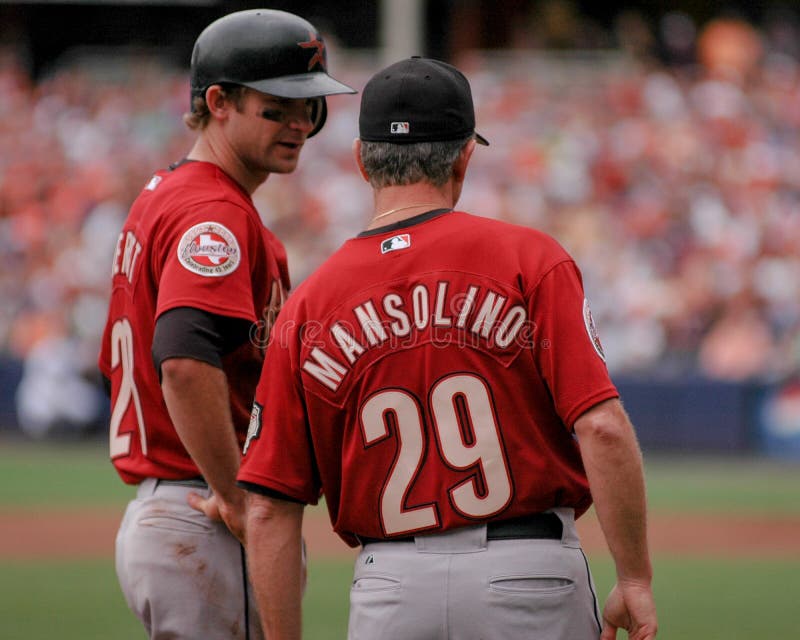

In case the -input option is missing, the script will read the URDF content from stdin. For example: filename="head.obj" with -relative-path-prefix="/home/user/myRobot/" will become filename="/home/user/myRobot/head.obj". -relative-path-prefix: If -input is not set, the relative paths in your URDF file sent through stdin will use this prefix.-joint-to-def: Creates a DEF with the joint name for each joint to be able to access it using getFromProtoDef(defName) (for PROTO conversion only).-link-to-def: Creates a DEF with the link name for each solid to be able to access it using getFromProtoDef(defName) (for PROTO conversion only).Example: -init-pos="" would set the first 3 joints of your robot to the specified values, and leave the rest with their default value. -init-pos=JointPositions: Set the initial positions of your robot joints.-rotation="0 0 1 0": Set the rotation field of the PROTO file or Webots Robot node string.

-translation="0 0 0": Set the translation field of the PROTO file or Webots Robot node string.-tool-slot=LinkName: Specify the link that you want to add a tool slot to (exact link name from URDF, for PROTO conversion only).-box-collision: If set, the bounding objects are approximated using boxes.-normal: If set, the normals are exported if present in the URDF definition.-robot-name: Specify the name of the robot and generate a Robot node string instead of a PROTO file (has to be unique).proto extension will be the robot name (for PROTO conversion only). -output=OUTPUT: If set, specifies the path and, if ending in ".proto", name of the resulting PROTO file.-input=INPUT: Specifies the URDF file to convert.-h, -help: Show the help message and exit.The script accepts the following arguments: Python -m urdf2webots.importer -input=someRobot.urdf


 0 kommentar(er)
0 kommentar(er)
